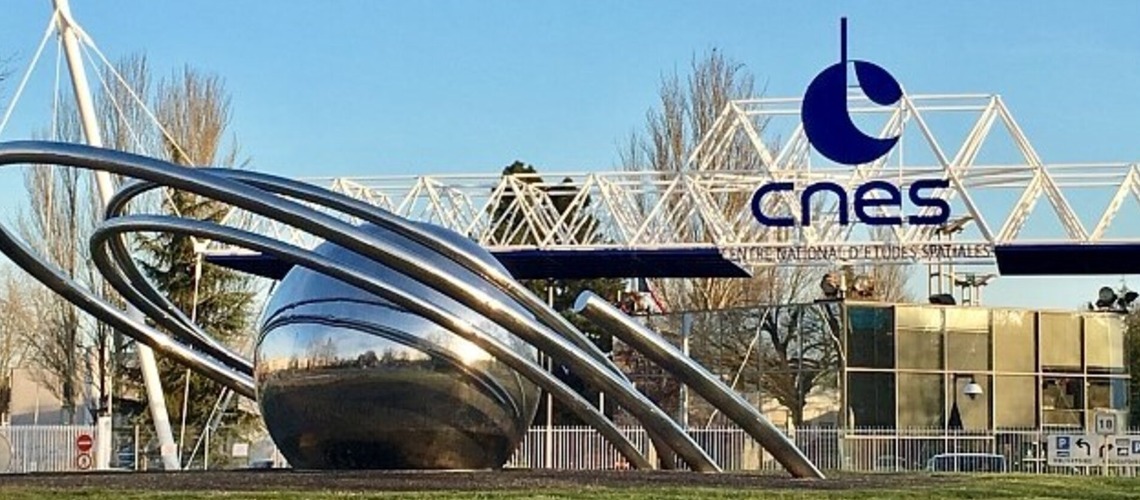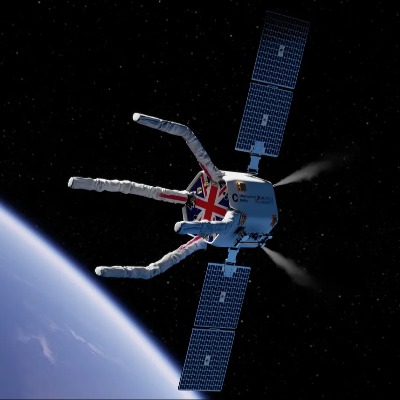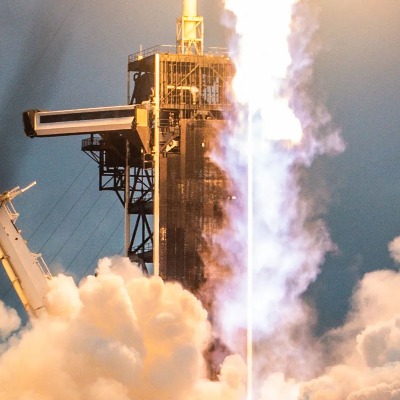Callisto Launch Delayed: CNES Pushes Back Reusable Rocket Test Flight

The French space agency, CNES, has announced a significant delay to the inaugural test flight of its Callisto reusable rocket demonstrator. The highly anticipated launch, originally slated for an earlier date, will now not take place until late 2025 or early 2026.
Callisto, a joint venture between CNES, DLR (German Aerospace Center), and JAXA (Japan Aerospace Exploration Agency), aims to develop and demonstrate key technologies for reusable rocket stages. The project is seen as a crucial step towards reducing launch costs and increasing launch frequency.
Callisto will stand at 14 metres tall, with a diameter of 1.1 metres and a lift-off mass of four tonnes. The demonstrator rocket will be powered by the Reusable Sound Rocket (RSR2) engine, which will be supplied by JAXA. The RSR2 engine has deep-throttling capabilities in the range of 16 to 45 kilonewtons.
The delay is attributed to the complexity of developing reusable rocket technology, coupled with the need for thorough testing and validation before committing to a flight. CNES has emphasized that the decision to postpone the launch was made in the interest of ensuring the success of the mission.
Despite the setback, CNES remains optimistic about the long-term prospects of the Callisto project. The agency believes that the additional development time will allow for further refinement of the rocket's design and systems, ultimately increasing the chances of a successful test flight.
While the delay is undoubtedly disappointing for those eagerly awaiting the launch, it highlights the challenges inherent in developing cutting-edge space technologies. CNES's commitment to a cautious approach underscores the importance of prioritizing safety and reliability over speed.




